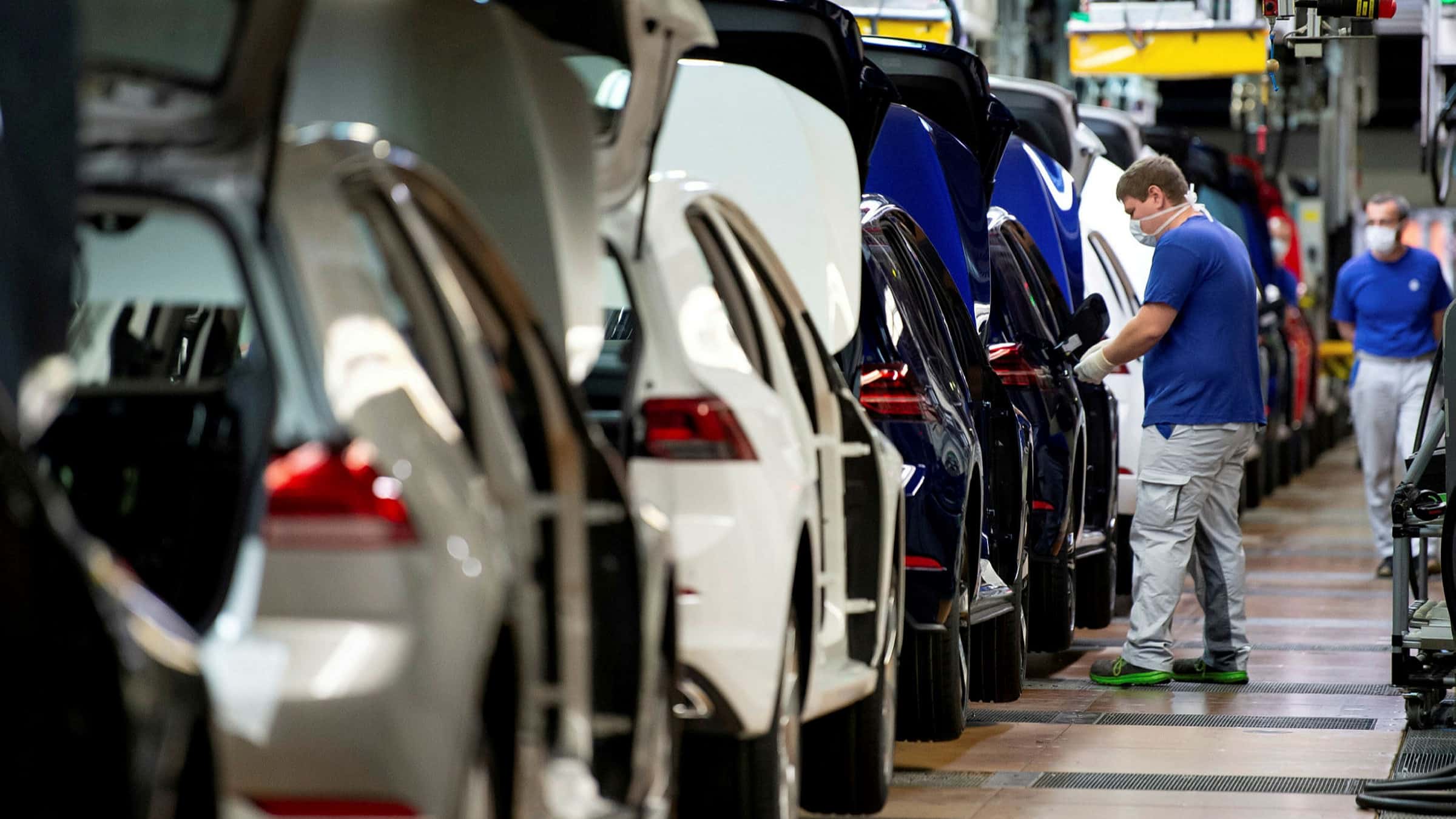8553
0
Germany's Economy Is Currently Recovering
From the perspective of private banks, Germany's economy is currently recovering "surprisingly quickly from the corona shock".

Yazar: Tom Roberts
Yayınlanma: 23 Eylül 2020 21:45
Güncellenme: 3 Mart 2026 07:48
Germany's Economy Is Currently Recovering
From the perspective of private banks, Germany's economy is currently recovering "surprisingly quickly from the corona shock". However, their chief economists expect "that the current pace will not continue in the next few months". The economic recovery has already lost more momentum than expected due to ailing service providers. The purchasing managers index, which summarizes the business of industry and service providers, fell in September, according to the IHS Markit institute for its survey of hundreds of companies. "The latest data show that German economic output will continue to rise in September," said Markit economist Phil Smith. "But they also show a growing discrepancy in trends between industry and service providers." The barometer stayed above the 50 mark for the third month in a row, from which it signals growth. But the single indicator for the service sector fell below this threshold and points to declining business. Markit attributes this to the increasing number of new infections with the corona virus "and the continuing high level of uncertainty in the economy, including with regard to job security"."Made in Germany" asked again
In contrast, the industry barometer climbed robustly to 56.6 points and marks the highest level in more than two years. "Manufacturing is still recovering strongly, partly due to improving export demand," said Smith. Increases in production and new orders are helping to slow down job cuts in industry. The German economy shrank by 9.7 percent in the second quarter, as never before, as the corona restrictions led to the closure of shops and factories. Experts anticipate significant growth for the summer quarter that is coming to an end. The Ifo Institute, for example, predicts an increase of 6.6 percent. For the year as a whole, private banks are now expecting GDP to decline by 5 to 6 percent. In the coming year, economic output will then increase by 4 to 5 percent - and thus not yet reach the pre-Corona level again. On top of that, the growth rate will benefit very strongly from the tailwind from the second half of 2020. In the course of the next year, the increase should therefore only be 2 to 2.5 percent, it said "The uncertainty about the further development of the pandemic remains great," said the chief executive of the banking association, Christian Ossig. "That dampens private consumption and corporate investment." In addition, one will have to struggle with some of the long-term consequences of the pandemic, such as higher corporate and state debt, as well as pandemic-related changes in consumption and production.İLGİLİ HABERLER





European stocks soared and focus shifted to German retail sales after Powell's speech!

Forex Signal For TRY/USD: Inflation Slowdown in November.

Forex Signal For GBP/USD: Bullish Trend Still Not Breaking While Recovery Continues.

Forex Signal For EUR/USD: Starry US Data Points to Higher Fed Increases.

Forex Signal For BTC/USD: Downside Continues as Bitcoin Recovery Moves Less.
En Popüler Haberler
Yorum Yap
Yorumlar
Henüz yorum yapan yok! İlk yorumu siz yapın...